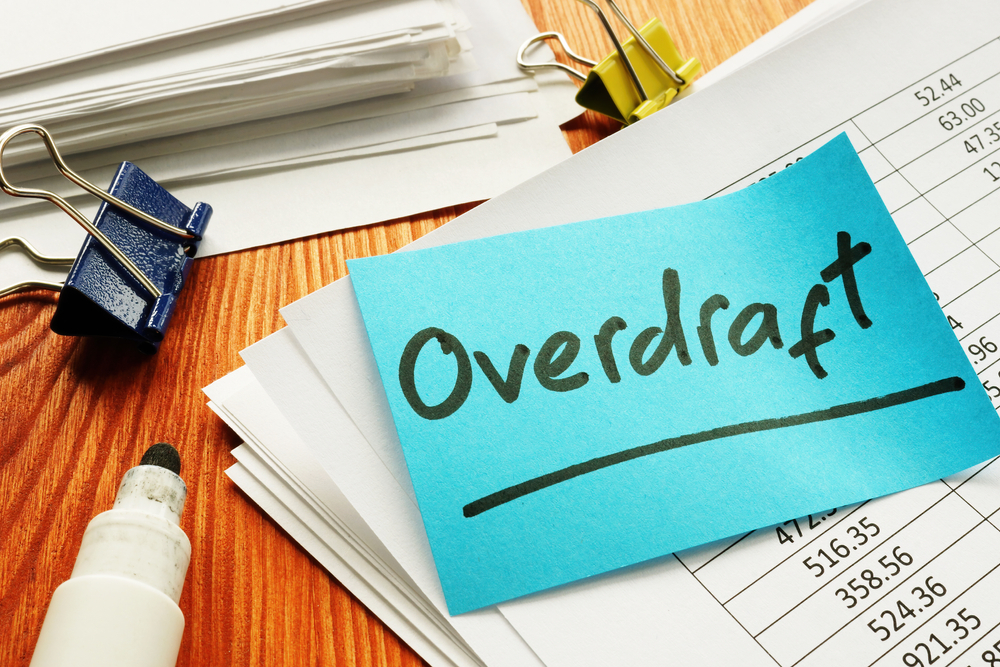Credit Cards & Loans
Overdraft rates at record high but borrower costs fall

The average arranged overdraft rate has hit a record high this year but the average cost for borrowers has fallen due to the usage fee ban, analysis reveals.
At the turn of the year, lenders announced new overdraft pricing to come into effect by April 2020 in response to an overhaul of charges implemented by the financial regulator.
As part of the Financial Conduct Authority’s rules, banks and building societies would no longer be able to charge customers higher prices for unarranged overdrafts in comparison to arranged overdrafts. Fixed daily or monthly charges as well as fees for having an overdraft facility were also banned in a bid to amend the ‘dysfunctional’ market.
The changes were pushed back due to the coronavirus crisis but since June, the average arranged overdraft EAR (equivalent annual rate) has risen from 10.89% to 26.97%.
The average arranged overdraft EAR is now nearly 15% higher than recorded a year ago in September 2019, according the research by data site Moneyfacts.
However, it revealed that despite the rates going up, the average cost for a customer borrowing £500 for 30 days has actually fallen from £12.49 to £9.91 compared to this time last year.
And for those going into an unarranged overdraft, the average costs have fallen “substantially”, from £39.52 last year to £5.61 now.
Moneyfacts said this is largely due to the ban on flat usage fees which has benefited the vulnerable most, particularly as many are suffering financially as a result of the pandemic.
The table below details the change in overdraft fees over the past year, for both arranged and unarranged borrowing:
Rachel Springall, finance expert at Moneyfacts, said it appeared borrowers could be better off now that the extortionate usage fees have disappeared.
She said: “This is particularly notable for those who find themselves in financial difficulties and dip into their unarranged overdraft facility. The changes that shook up the market will provide more transparency to consumers to compare tariffs, but the rise to overdraft interest rates does mean that using an arranged overdraft can be more expensive than using a standard credit card.
“The measures put in place by the Financial Conduct Authority (FCA) have meant the cost of using an unarranged overdraft is less expensive overall, and has in fact fallen substantially over the past year, down from a total of £39.52 to £5.61 per month for those who borrowed £500 over 30 days. The intention to protect the most vulnerable customers from the notable extortionate fees then appears to have worked, but this loss of revenue may in turn mean that deals lose lucrative benefits – such as credit interest.”
Springall added that for customers who are unsatisfied with their current account, they can look to switch, and now is a good time as several have launched cash incentives of up to £125.
“Considering the changes to overdrafts, some consumers may be switching to alternative brands now they are able to compare tariffs more easily.
“In the months to come, it will be interesting to see how banks and building societies adjust to the challenging market conditions, particularly if they offer an attractive incentive package of either high credit interest or other benefits. Consumers may well be looking to rein in their finances and search for an account that can work harder for them, especially if they currently hold an account with a less attractive package or feel they are getting a poor level of service,” she said.
